Date of Birth: July 27, 1879
Place of Birth: Belleville, Ontario
Induction: 1960
Category: Athlete
Jack Laviolette typified Canadian athletes of the early years of the 20th century. Like many of his contemporaries, he specialized in more than one sport—lacrosse and hockey, in Laviolette's case—and he rose to athletic prominence at a time when professional leagues were overtaking amateur organizations as the dominant form of sport in Canada. While playing amateur hockey in Montreal at the turn of the last century, Laviolette joined both the lacrosse and hockey teams of the Nationals club in Montreal who participated in local and national amateur competition in both sports. Laviolette and two other well-known lacrosse-and-hockey-playing teammates, Newsy Lalonde and Didier Pitre, were the mainstays of a strong Nationals squad. In 1910, the team travelled to British Columbia in an ultimately unsuccessful challenge against the New Westminster Salmonbellies for the Minto Cup. Inducted into Canada's Sports Hall of Fame for his contributions to lacrosse, Laviolette is equally remembered for his hockey career. In 1909, a new professional hockey league—the National Hockey Association, precursor to the NHL—was formed. Laviolette was enlisted to play for, as well as recruit and manage a new club, the Montreal Canadiens. He spent nine seasons playing for the Canadiens—in both the NHA and NHL—alongside lacrosse teammates Lalonde and Pitre. In 1916, he was a member of the Canadiens' first-ever Stanley Cup-winning team. For his role in founding the NHL's most successful franchise, Laviolette was inducted into the Hockey Hall of Fame in 1962.
For more information on Jack Laviolette, visit his
Honoured Member profile.
Oren Lyons
Date of Birth: 1930
Place of Birth: Onondaga Nation, New York
Sport: Lacrosse
Member Category: Builder
A visionary builder and decorated athlete, Oren Lyons has spent much of his remarkable life advocating for the rights of Indigenous people in the world of sport and beyond. Born in 1930 on the Onondaga Nation in upstate New York, Oren was recruited to play lacrosse for Syracuse University in 1955. An outstanding goalie, during his collegiate career Oren was twice selected All-American, named most valuable player (MVP) with the Cox Lacrosse Award, and earned the coveted Orange Key award for athletic and academic achievement. Graduating with a keen, articulate passion for social justice and environmental conservation, Oren became a distinguished professor in American Studies at State University of New York in Buffalo, co-founding a seminal Native Studies program in 1972 that expanded to become the University’s new Department of Indigenous Studies in 2022.
Originated by the Haudenosaunee Confederacy of Seneca, Cayuga, Onondaga, Oneida, Mohawk, and Tuscarora nations, lacrosse offered Oren a powerful platform to fight for decolonization and the reclamation of Indigenous rights. In 1982 Oren co-founded the first (and currently only) sovereign Indigenous team competing in sport at the world level, known today as the Haudenosaunee Nationals. Declining to use American or Canadian passports and playing under a Haudenosaunee flag, the team overcame significant barriers to achieve recognition and success on the world stage. When Canadian organizers barred the Haudenosaunee Nationals from the 1986 World Lacrosse Championships in Toronto, Oren organized a parallel tournament at State University facilities in Buffalo and pointedly excluded Canada’s national team from competition. Refusing to be relegated to the sidelines, the Haudenosaunee Nationals were invited to join the Federation of International Lacrosse (FIL) the following year. Despite drawing from a much smaller player pool, the team has steadily risen to the top of international competition, winning Bronze medals at the World Lacrosse Championships in 2014, 2019 and 2023.
In addition to setting an unprecedented template for Indigenous sovereignty in sport with the Haudenosaunee Nationals, Oren has worked tirelessly to empower future generations as a coach, community leader, conservationist, artist, activist, and author. An Onondaga Nation Faithkeeper and Chief of the Onondaga National Council of Chiefs of the Six Nations of the Iroquois Confederacy, in 1982 Oren helped establish the UN Working Group on Indigenous Populations, mandated to develop minimum standards for the protection of Indigenous rights around the world. Oren’s far-reaching legacy of activism has been recognized over several decades through an outpouring of international honours and awards, including the UN NGO World Peace Prize, the Smithsonian’s award for Art and Cultural Achievement, and the inaugural International Earth Day Award. Whether serving as a leading voice at the UN permanent Forum on Human Rights for Indigenous People or campaigning for the inclusion of lacrosse as an Olympic sport, Oren continues to spark decolonizing conversations about nationhood and sovereignty that underscore the enduring importance of his game-changing advocacy for the rights of Indigenous people everywhere.
Ross Powless
Date of Birth: September 29, 1926
Place of Birth: Ohsweken, Six Nations of Grand River, Ontario
Date of Passing: May 26, 2003
Sport: Lacrosse
Member Category: Builder
Considered one of the fathers of modern lacrosse in Canada, Ross Powless was born in Ohsweken Ontario, on the Six Nations of the Grand River in 1926. Belonging to the Turtle clan, Mohawk nation (Kanien'kehá:ka) of the Haudenosaunee, or Six Nations Confederacy, Ross spent five years at the Mohawk Institute Indigenous Residential School in Brantford, Ontario as a child. Lacrosse, the Creator’s game, which holds deep spiritual and cultural significance for the Haudenosaunee people, offered Ross a powerful way to reclaim his heritage after enduring extreme deprivation and isolation from family and culture at residential school. Taking up lacrosse at the age of 12, his exceptional skill and dedication quickly caught the attention of teams across Canada and the United States.
Disciplined and fair, Ross Powless could not help but raise the profile of lacrosse wherever he played the game. Between 1951 and 1953, he won three consecutive Canadian Senior A championship titles with the Peterborough Timbermen. In 1951 and 1952, he claimed the Tom Longboat Award twice as the most outstanding First Nations athlete in Ontario. In 1953, he was awarded the Mike Kelley Memorial Trophy for Most Valuable Player in Canadian Senior A lacrosse. As player-coach of Hamilton Lincoln Burners Senior “A” team between 1956 and 1958, Ross won every Ontario Lacrosse Association trophy he was eligible to claim, including the league scoring championship, Most Valuable Player, Best Defensive Player and Coach of the Year.
A formidable coach, Ross Powless led both Indigenous and non-Indigenous teams to lacrosse championships at every level of competition, from divisional to international tournaments. An inspiring mentor and knowledge keeper, possessing encyclopedic knowledge of lacrosse, he helped players improve their skills and confidence to fulfill their potential. Among his many coaching highlights, Ross led the Canadian Senior Men’s Lacrosse Team to defeat the United States at Expo ‘67 in Montreal. In 1974, he coached six of his own sons on the Ontario First Nations Team to claim the national title in the North American Indian Lacrosse Tournament in Nanaimo, British Columbia.
Despite encountering discrimination and racism from spectators and opposing teams, Ross Powless continually broke down barriers for Indigenous peoples with his exemplary sportsmanship, athleticism, championship calibre coaching and organizational leadership.
Not only did Ross demonstrate his leadership skills in sports, he showed them in his community leadership. Ross served his community at Six Nations of the Grand River as the Band Administrator, housing inspector, and band councillor, while concurrently developing many new sport and recreation opportunities for Indigenous athletes. In 1997, the Ontario Recreation Association recognized his efforts and achievements with the Volunteer Service Award. Several of Ross’ children participated on award-winning lacrosse teams or assisted in lacrosse team development. His son, Gaylord Powless, who was inducted to Canada’s Sports Hall of Fame in 2017, stands out as one of the great lacrosse players taught and inspired by Ross. Honouring his children and grandchildren with traditional Iroquois wooden lacrosse sticks hand-crafted by local Indigenous artisans, made at Six Nations of the Grand River, Ross Powless never stopped inspiring the next generations to build on the dynamic foundation he had helped establish for the sport. Ross Powless passed away a respected elder in his community in 2003.
John Tavares
Date of Birth: September 4, 1968
Place of Birth: Toronto, Ontario
Sport: Lacrosse
Member Category: Athlete
One of the most prolific athletes to play lacrosse in North America, John Tavares grew up learning the sport with his hometown Mississauga Tomahawks before becoming the highest-scoring player in the history of indoor box lacrosse, a popular 6-on-6 variation of the 10-on-10 outdoor game. A star player in a sport known for fast, forceful play, John’s tremendous scoring ability rested on an almost uncanny ability to anticipate his opponent’s next move and turn it to his own advantage. Not always the biggest or fastest player, John possessed an unbeatable combination of skill, savvy, and a down-to-earth playing style that showcased his innate humility and leadership as a team player.
A living legend in the National Lacrosse League (NLL), John Tavares was a 3-time league MVP (1994, 2000 and 2001) and 19-time All-Pro selection, appearing in a record-setting 10 NLL All-Star games. He spent most of his minor lacrosse years playing for St. Christopher House in downtown Toronto. Playing his entire 24-season career with the Buffalo Bandits, John led the team to four championships and retired the all-time franchise leader in every major offensive category. The first player to score 100 points in a single NLL season, John also achieved a remarkable record-setting point streak spanning 185 games in more than a decade of play (2002-2014). After establishing entirely new benchmarks for excellence in the NLL, he retired the league’s All-Time leader in 306 games played, 815 goals, 934 assists, and 1749 points. While securing his legacy as a Buffalo sports legend, John Tavares made additional waves in Canadian lacrosse by winning a record eight Mann Cup titles, claiming the historic national men’s championship trophy while playing with the Brampton Excelsiors, Six Nations Chiefs, Victoria Shamrocks, and Peterborough Lakers. He also proudly wore the maple leaf in international competition, winning two Gold medals with Team Canada at the World Indoor Lacrosse Championships in 2003 and 2007.
A legendary ambassador for his chosen sport, John Tavares took lacrosse to thrilling new heights in North America, raising the standard of play and captivating crowds of dedicated fans every time he entered the fray. John’s record-smashing achievements as well as his professional longevity also reveal a truly outstanding commitment to overcoming adversity and playing the game he loved at the highest level. Low salaries in the NLL meant John had to maintain another job and was a mathematics teacher in Mississauga. Over the course of his career, he resolutely made the 90-minute drive across the border to continue playing lacrosse in Buffalo. Since retiring from the NLL in 2015, John has continued to inspire the next generation as both a teacher and a sports icon, and to mentor up-and-coming athletes as the head coach and offensive coach with the Buffalo Bandits as well as minor lacrosse teams in Mississauga
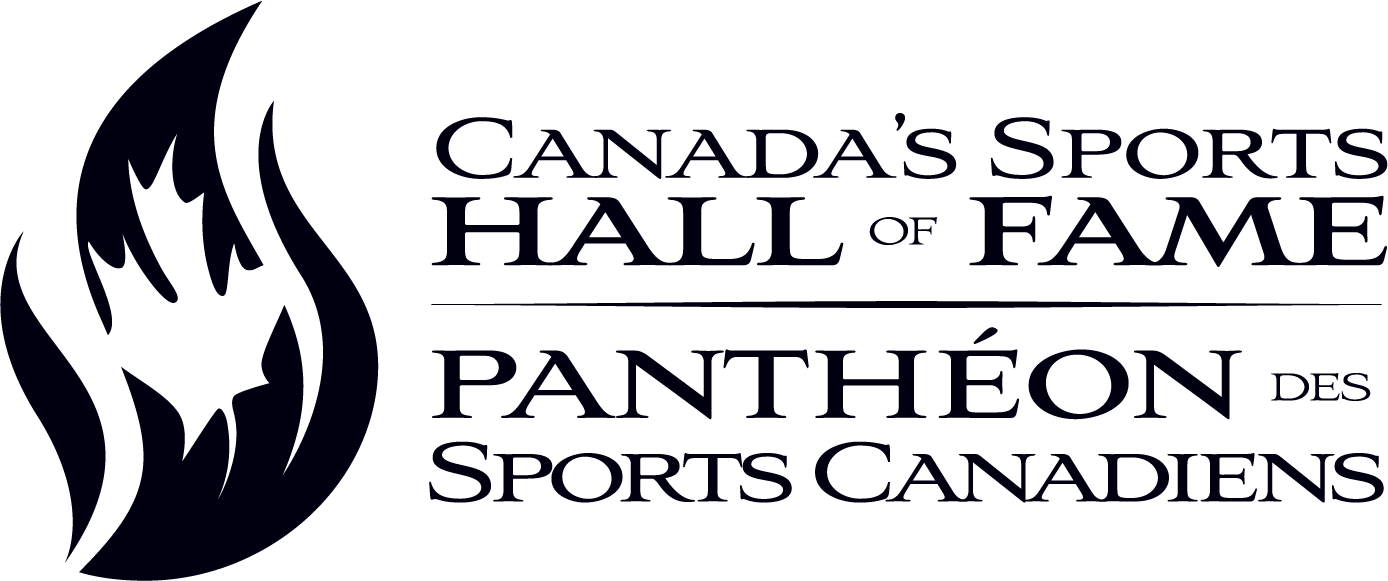
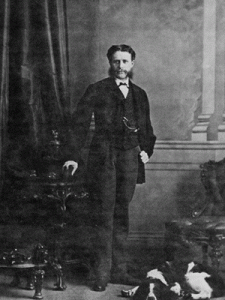
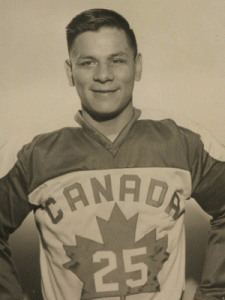
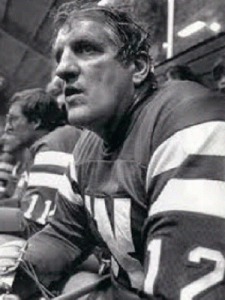
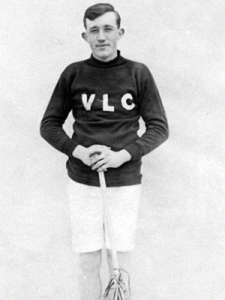
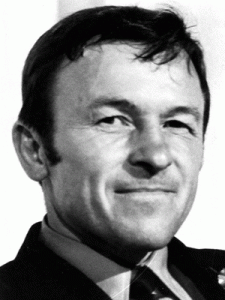
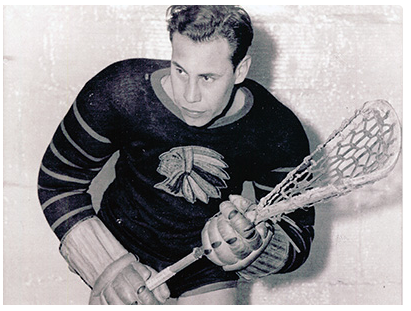
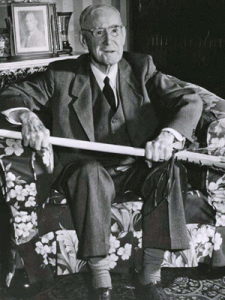
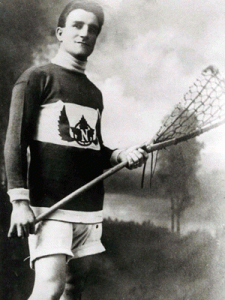
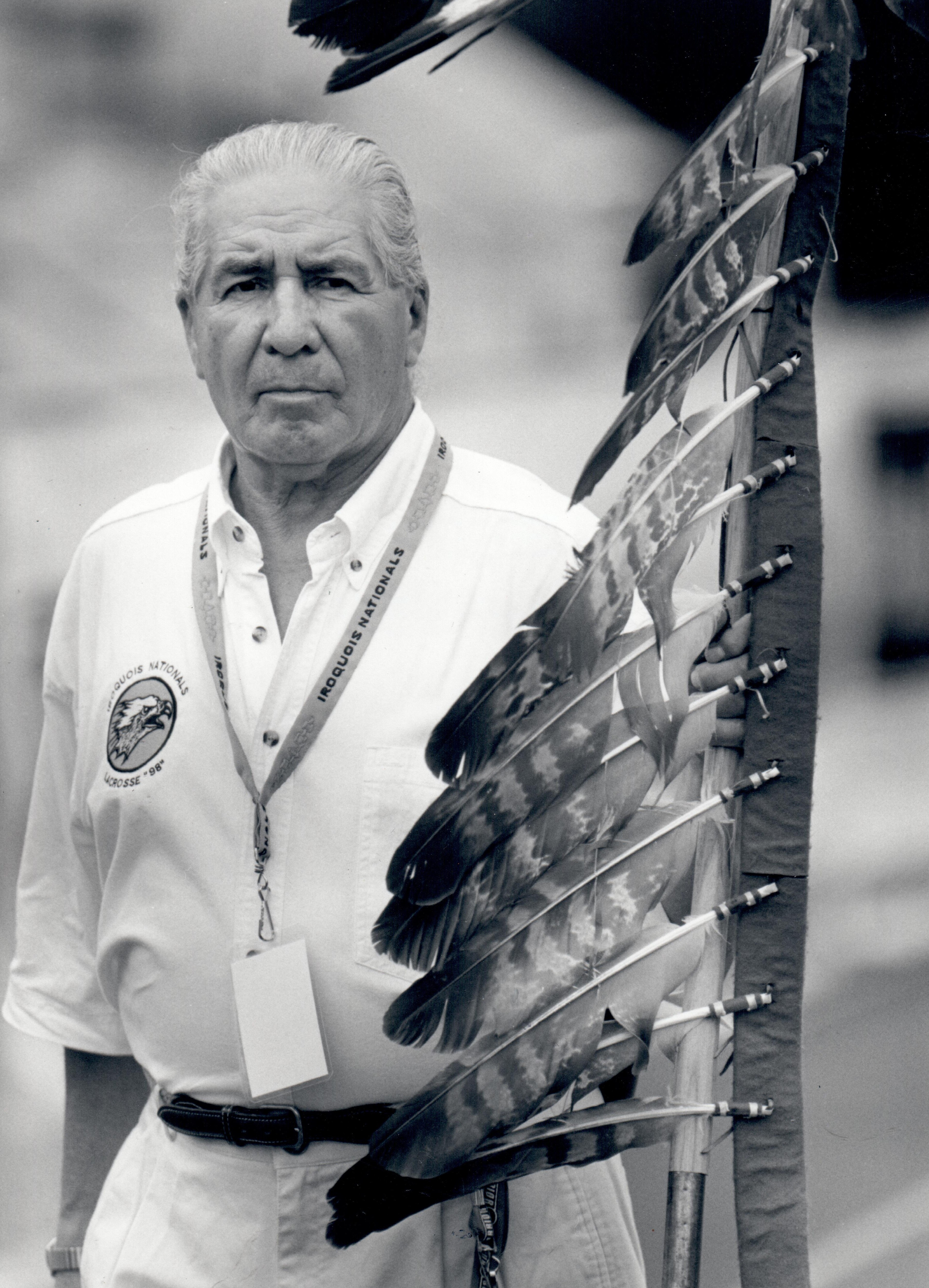
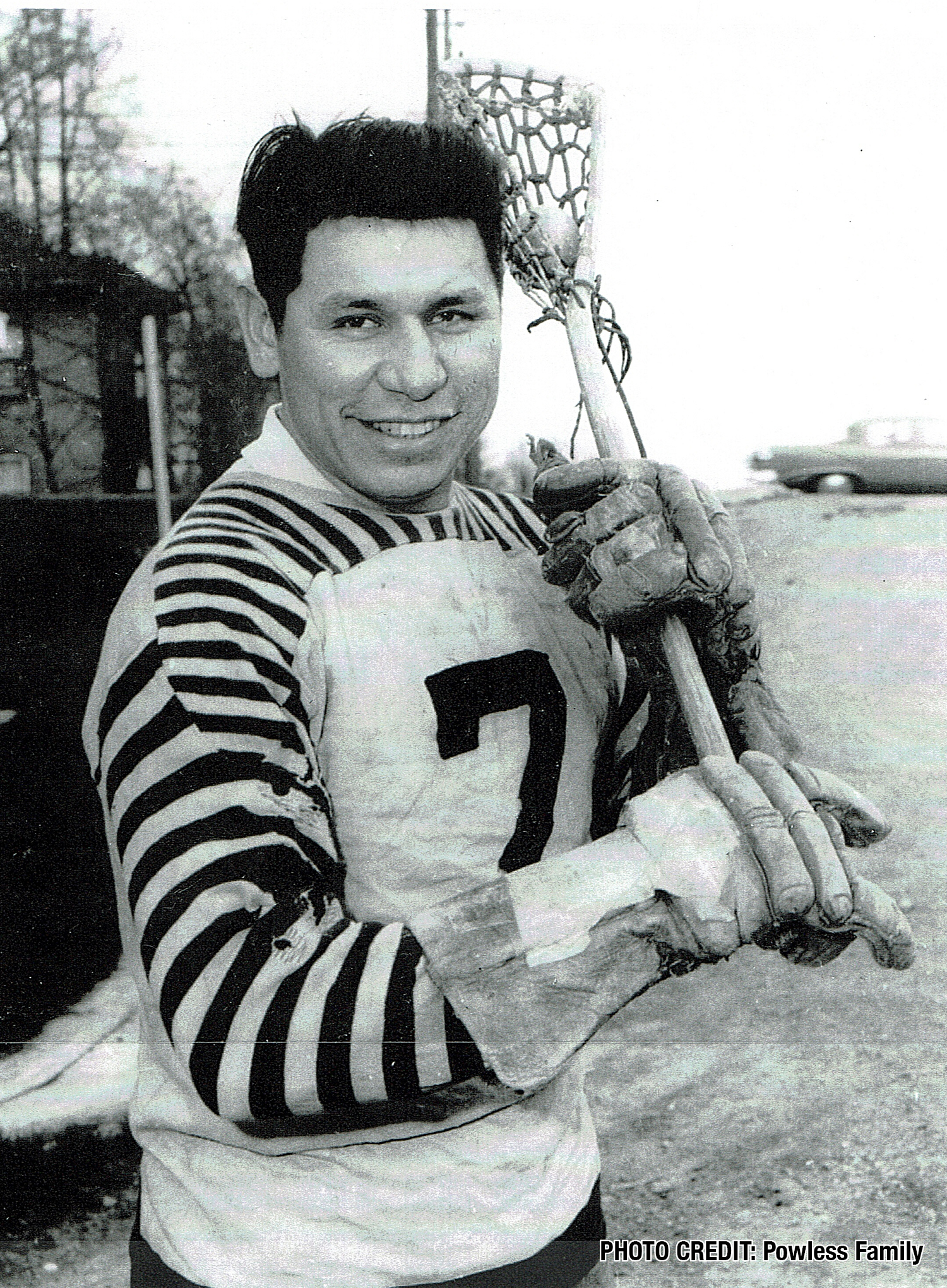
.jpg)
